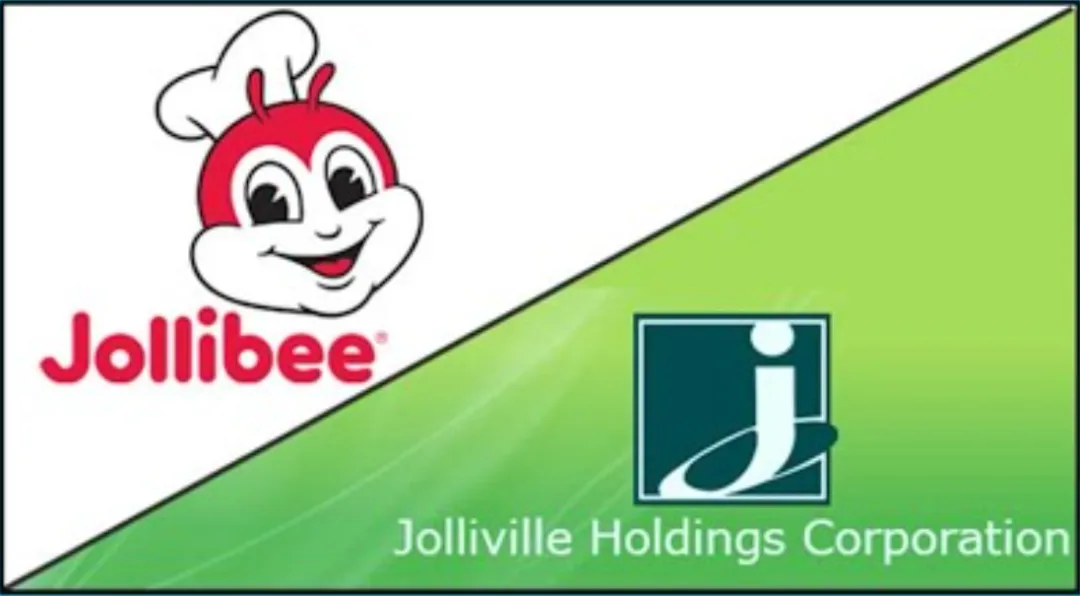The foundation of Philippine trademark law can be traced back to 1939. The modern trademark registration system is mainly based on the Intellectual Property Law (Republic Act No. 8293), while the current local trademark regulations in the Philippines are mainly based on those that took effect on January 1, 1998. Intellectual Property Code of the Philippines. The exclusive right to use a trademark needs to be obtained through registration;
Trademarks are a key tool for protecting brand image and market competitiveness. Registering a trademark can protect the rights and interests of a business by preventing others from using the same or similar logo. Especially overseas, the government's review and protection of intellectual property rights is very strict, and the relevant penalties are also severe. Registering a trademark is to protect your corporate brand and intellectual property rights, and also to avoid getting into legal disputes when you get infringing trademarked goods;
Trademark registration is not compulsory, but in order to protect the trademark or renew it, it must be registered and updated in accordance with the law.
01
The Necessity of Overseas Trademarks
Bosses who pay more attention to financial planning may ask, if a company that has just gone overseas wants to focus on its business, can it be done first and then register after reaching a certain scale and achievements?
From a legal point of view, trademark registration is not mandatory, so where is its necessity? In theory, it is possible, but in actual cases, when your business has made a little progress and you are ready to let go, the "professional squatters" are more skilled in trademark applications than you. Before you can realize why the application was not approved, the court The summons came first.
What happens after you arrive? Of course you lose money! Overseas countries attach great importance to intellectual property rights, and the penalties are also quite severe. Generally speaking, this year's work is in vain, and the only choice is to start a new trademark or brand, or negotiate to buy back the trademark.
From another perspective, after a merchant or enterprise’s trademark is officially recorded, if we find that peers or others have used your trademark to make money or engage in any for-profit activities, we can also file a lawsuit against them and demand compensation!
Therefore, Fa Xiaowu suggests that applying for a good trademark in a timely manner is an essential step for every overseas enterprise and e-commerce seller who is “earning big money”.
02
Characteristics of Philippine Trademarks
Regionalism
Due to the regional characteristics of trademarks, registered trademarks only have legal effect and are protected by law in the country (region) in which they are registered. Taking China as an example, a trademark registered in mainland China will be effective within mainland China. China and the Philippines are both members of the Madrid Protocol and the WIPO World Intellectual Property Organization. Overseas enterprises and cross-border sellers may subjectively believe that trademarks applied for in mainland China can be used online or offline in the Philippines. This is a wrong perception.
Auditing Standard
When a business/seller applies for a trademark, IPOPHL (Intellectual Property Office of the Philippines) will conduct a global plagiarism check. However, since the databases of various countries are not unified, trademarks existing in certain regions may also be approved; in addition, geographical names specified by the state, patterns with distinctive religious overtones, and names of social celebrities are also some of the elements that are not allowed in the review.
Qualification
Trademark registration in the Philippines adopts the "first to file" principle. The Philippine Trademark Office does not impose too many restrictions on applicants. Regarding the applicant's requirements, you only need to submit the applicant's main certification documents. For example: If you apply for a Philippine trademark in your own name , you need to submit a copy of the individual's ID card/passport. If you apply as an enterprise, you need to submit a copy of the enterprise's business license.
03
0
Well-known Cases in the Philippines
Jollibee VS Jolliville
Finally, brief introduce to a simple knowledge of the Philippines one of the famous cases of intellectual property disputes, well-known fried chicken burger chain fast food brand, chain fast food industry second multinational enterprise Jollibee, a Chinese founded local catering giant, A lawsuit was filed in 2013 against Jolliville, another real estate company with a similar name that was registered as real estate.

Causation
Jollibee, known primarily as Jolli and Bee, is a 19th century restaurant chain that gained popularity in the Philippines in the early 20th century. Jolliville is Jolli and ville, founded in 2001 and involved in catering and related businesses. Jollibee contends that the Jolliville brand name may cause consumer confusion and affect its goodwill and brand image.
Process
In 2001, Jolliville had applied for and successfully registered the trademark and obtained the certificate. In 2010, due to failure to renew in time, the trademark was canceled by the Trademark Office and was re-registered in 2012. When the Trademark Office announced in 2013, Jollibee filed a lawsuit after seeing it. The core of the dispute lies in issues of trademark similarity and brand identity.
However, in this lawsuit, even though jollibee had a strong legal team, the small company facing the other party was defeated in several aspects:
1. Jolliville had filed for registration in 2001, but did not formally file a lawsuit until it resubmitted its application in 2013. During this time, Jollibee had the opportunity to raise its claims, but it chose to remain silent for a long time;
2. Although Jollibee was already well-known in the Philippines at that time and was indeed an internationally renowned brand, the court judge stated that the evidence submitted to him did not support the Philippines as an internationally renowned brand and denied that Jollivilla was preemptively registering Jollibee for the sake of international fame. profit motive;
3. The only common element of the trademarks is the use of the word "JOLLI", but JOLLIBEE cannot claim to have exclusive ownership of the word "JOLLI", even if the subject does enjoy a high degree of popularity.

Therefore, Fa Xiaowu reminds enterprises in the Philippines to pay enough attention to trademarks in a timely manner. Don’t wait until the court summons comes down to regret it!



